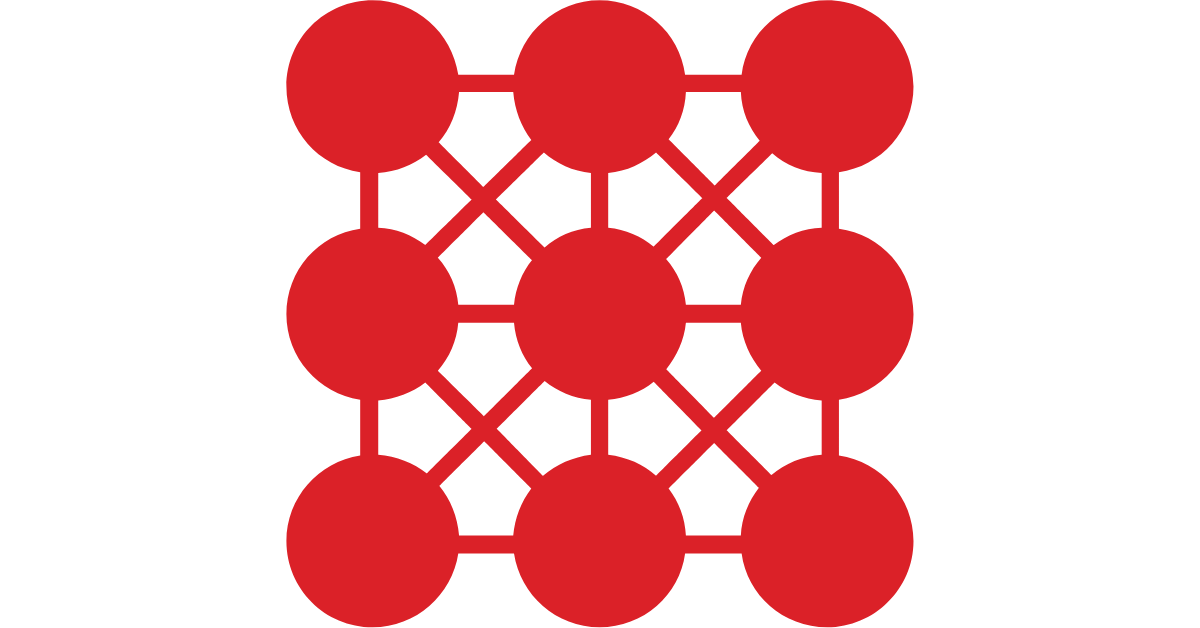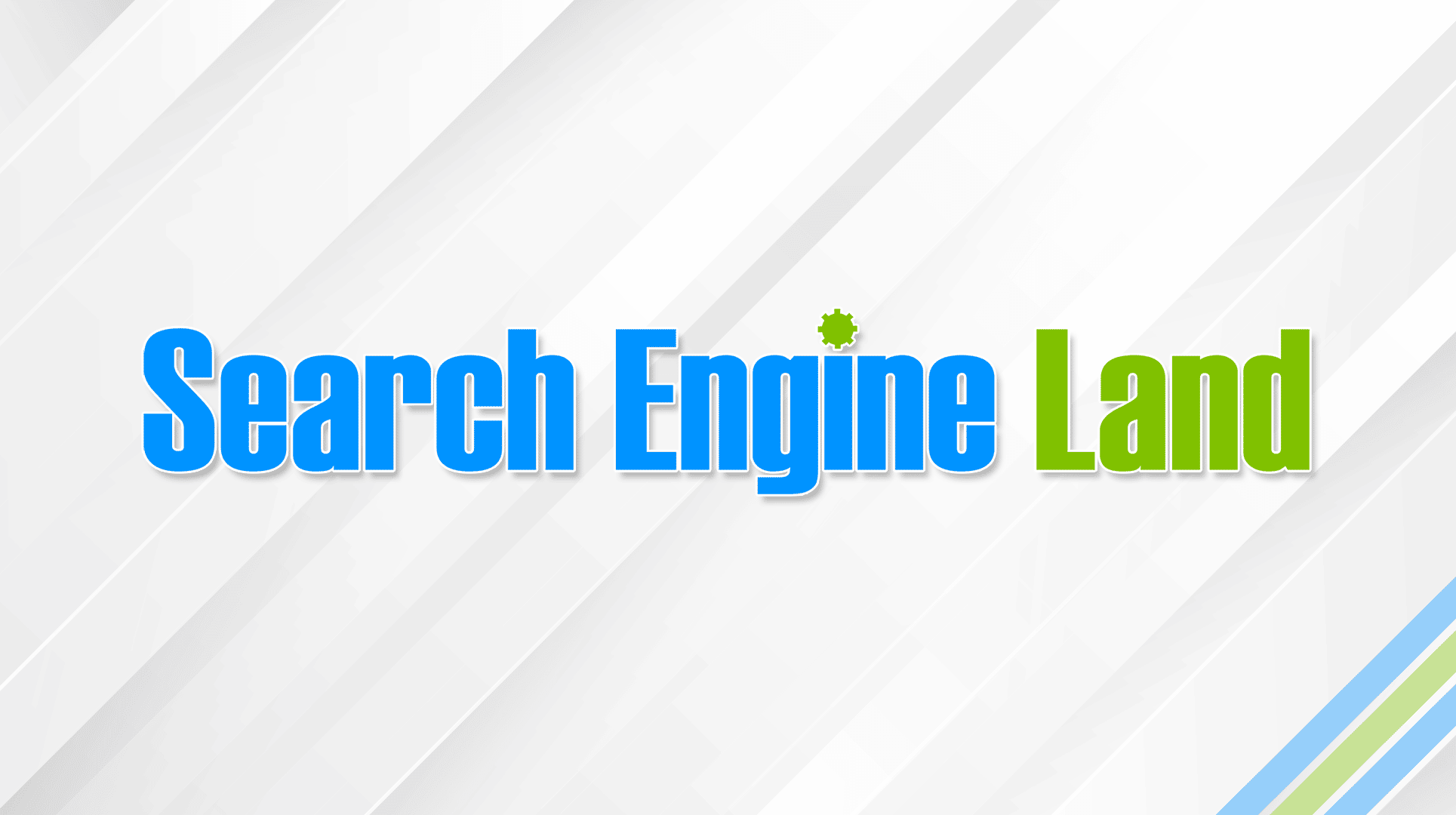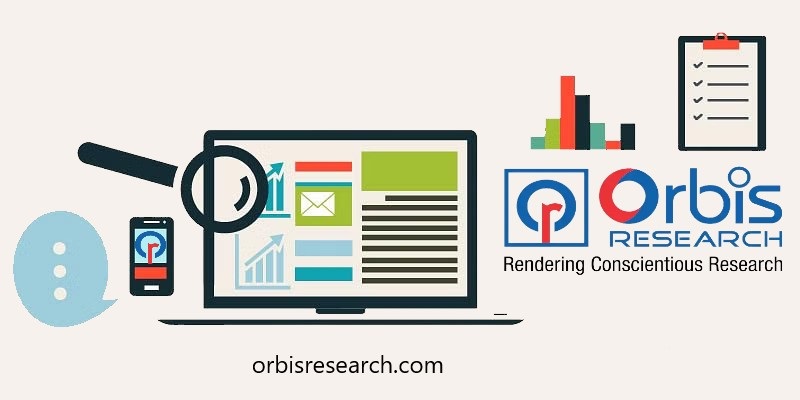Moats were a pretty good idea.
You know, those water-filled protective rings that were first seen in ancient Egypt and then in medieval Europe.
Today, when we think of a moat, those in business will think of competitive advantage.
In this article, I’ll explain why organic search could be your moat.
And once you hear me out, you’ll probably think it’s a good idea too.
The SEO and the Scooby-Doo villain
I’ve never met a business owner who didn’t want more sales.
It’s just that businesses aren’t fans of paying for marketing.
And so, we’ve seen people flock to ‘performance marketing’, particularly the Google pay per click (PPC) model.
Google is happy with this. In 2022 alone, its ad revenue was above $220bn (£173bn).
PPC is seductive. It’s easy to optimise ROI. It’s pay-to-play.
But there is one issue. It only targets a small number of buyers.
Click-through rate studies vary, but it looks like this.
- Google search results listings get between 1% and 8% of clicks (the average is about 2%)
- Organic listings get the rest
The snap verdict? Humans don’t like clicking on ads.
There’ll be some variations with the above, and more people will click on an ad in some industries. But I suspect this is because, in the more prominent industries, so much money is spent on branding that people will buy from that brand anyway. The brand got the ad click, not because it was at the top of Google.
Also, many brands that rank organically bid on PPC terms and their brand terms because they can afford to.
This creates a PPC illusion that warps the ability to calculate profit or return on ad spend properly.
It’s highly likely that your PPC is costing you money for sales you would have gained anyway.
PPC is seen as the good, while organic search (codename SEO) is seen as the bad… but that’s just not the case.
This makes search engine marketing a lot like those episodes of Scooby-Doo. You know, the ones where the nice person at the beginning of the cartoon is really the villain.
Sure, it looks like PPC is helping your business to win sales, but it’s also stealing credit for sales you would have won anyway.
So, just when Shaggy and Fred unmask the villain, it’s PPC standing there all tied up saying: “And I would have gotten away with it if it wasn’t for you meddling kids.”
Autobots vs Deceptacons (or PPC vs SEO)
You’ll have to forgive my overuse of 80s kids’ cartoon references. I suspect it’s because I’m currently being hammered by ads for the latest Transformers movie. And it’s bringing back memories of nostalgia.
Talk about the power of a brand.
But hopefully, they’ll assist me in making my point. That there’s a good versus evil battle going on in marketing.
PPC is seen as the good, while organic search (codename SEO) is seen as the bad.
(Well, let’s face it, brand marketing of any kind is often seen as evil).
But that’s just not the case.
Leading marketing professor Byron Sharp describes search as the new shelf.
And it is.
So why wouldn’t you want your products to be placed on the shelves that get the most sales?
It seems obvious to me.
But still, a business will plough vast financial resources into PPC SERP listings and ignore the organic search listings.
Yes, PPC works. We know this. But it’s not a competitive advantage for a business. Others can buy ads too. That’s when costs rise.
And when costs in a business are also squeezed by outside factors, such as inflation, those profit margins on ad spend need to be recalculated.
There can be only one (well, more like infinity)
Google likes to meddle, but there are about three to five ads on a search engine result page, and the rest of the page goes to organic listings.
Additionally, Google has launched infinite scroll on desktops in the states and mobile in most countries.
Yes, with a swipe or a scroll, you can descend into the abyssal trench of search and find those bodies they say people hid on page two of Google.
Google is the new Zeus, and it moves businesses around.
Infinity scrolling is an even better argument for organic listings because they’ll be more of them.
When you add that the SERPS now also show brand logos next to listings, suddenly this opens up a whole new marketing landscape.
How brands grow (online)
Brands grow through sales, but only Google knows how this happens.
Most marketers think customers search, see their business, click and buy. And yet, Google tells us it’s messy.
Sure, in low-risk categories the touch points are fewer.
But for any purchase that comes with risk, we click a lot.
We scroll, we click, we leave, we repeat.
It’s another reason why organic rankings are so powerful. You don’t pay for the clicks that don’t convert.
So, before the jury retires, let’s cover organic search rankings again.
The benefits are:
- You don’t pay per click.
- You reach more of today’s buyers.
- You reach more of today’s buyers than PPC ads do.
But wait, I have yet to mention the best part.
Looking down at those below.
If the Greek Gods made search engines
As a youngster, I was a Clash of the Titans fan.
Zeus looked down on Earth from above, moving people around like mini statutes.
Well, Google is the new Zeus, and it moves businesses around.
People worship it in a few ways, the first is through donations to its war chest through PPC, and the second is through worship and service.
Give the mighty lord of search what it wants, and thou will be awarded with organic rankings.
Call it being a good worshiper, the teacher’s pet, the suck-up… it doesn’t matter. It’s a competition for rewards.
Not thinking of organic search as just today’s buyers will create growth opportunities.
The well-known SEO blog, Backlinko conducted a survey of click-through rates to discover that 27% of clicks went to the first result in Google’s organic listings.
Overall its findings looked like this:
1st place = 27.6%
2nd place = 15.8%
3rd place = 11.0 %
I’ll save going through them all, but the bottom place, position 10, gained a whopping 2% of the clicks.
Hold on. That’s on par with what clicks you’d get by paying for PPC listings.
All of this should raise questions in your head, such as ‘Where are we in Google?’
Because if you’re not on the shelf for your lead and sale generating keywords, someone else is. And that someone else is catching all the buyers.
But it’s not all just about rankings and catching buyers. Organic search can be creative as well.
Creative brands leverage search engine traffic
I recently wrote about the watch brand Christopher Ward telling people in its TV ads to do their research.
But there are others leveraging search.
Cadbury has its worldwide Easter egg hide website that it spent a substantial ad budget on. And did you know Tesco has its own food recipe website that generates at least 3 million monthly visitors?
Of course, let’s also remember the potential of the share of search metric.
Organic search isn’t just about today’s buyers; it’s also about building that critical ‘mental availability’.
TV ads are amazingly important, but what happens after?
I’d argue that mentally training your prospects to search for your business online, spend time on your website and be exposed to your distinctive brand assets is a smart strategy.
Turn a 60-second TV ad into a five-minute web visit.
Not thinking of organic search as just today’s buyers will create growth opportunities.
And this is the beauty of organic search.
You don’t pay to be listed.
It’s your sandbox to create whatever you desire.
Reach more customers by creating websites, platforms and tools that they’ll use.
Build mental and physical availability through search.
I’ve only scratched the surface of the potential of organic search traffic.
It can be your moat.
It can be your competitive advantage.
Now go and grab those rankings.
Go and build something worth searching for.
Andrew Holland is an SEO specialist, marketer and was a police officer for 17 years. After first learning SEO while working in police intelligence, he swapped catching criminals for capturing the attention of search engine users. In the last eight years, he’s gone from freelancer to head of organic marketing for a seven-figure agency, helping businesses to leverage search engines to support their business goals.
https://www.marketingweek.com/organic-search-moat/




